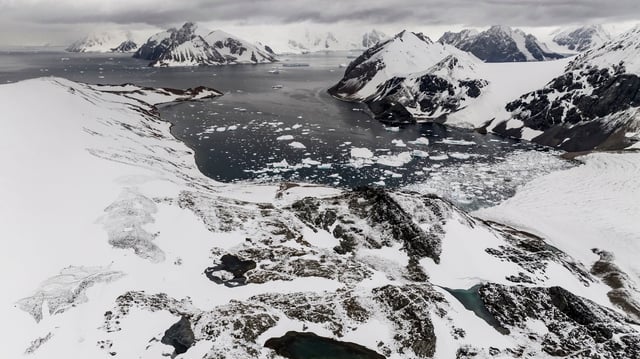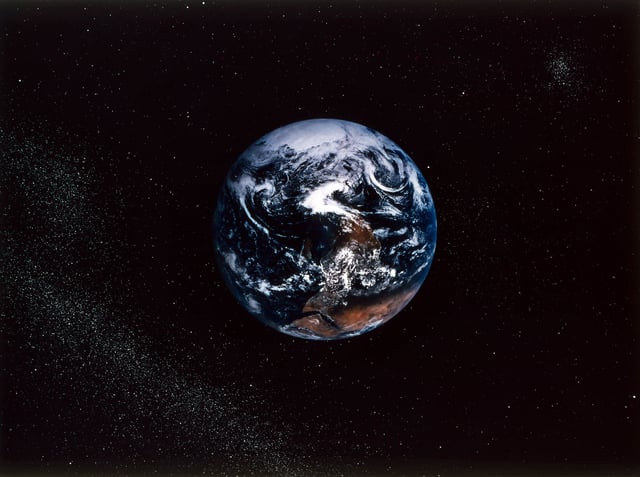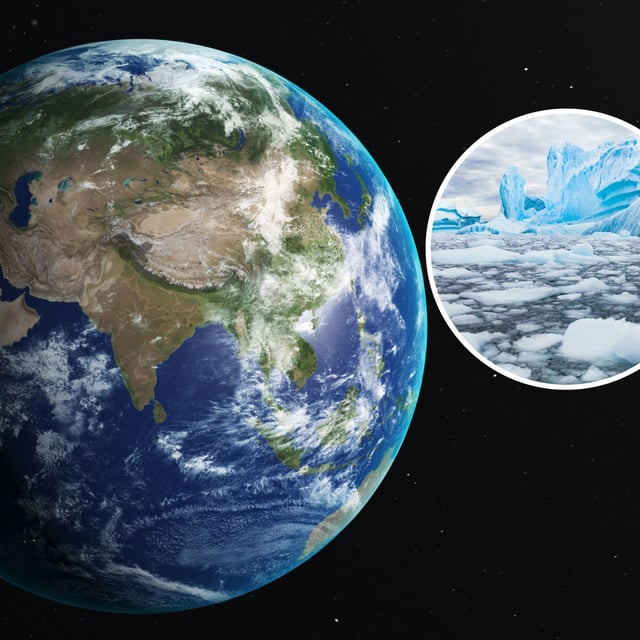Overview
- Climate change is causing the Earth's rotation to slow, potentially delaying the need for a negative leap second until at least 2029.
- Melting polar ice is redistributing mass from the poles to the equator, contributing to the slower rotation.
- The introduction of a negative leap second, a minute with only 59 seconds, could cause issues for computer systems worldwide.
- Since 1972, 27 leap seconds have been added to account for discrepancies between Earth's rotation and atomic time.
- The world's timekeepers agreed in 2022 to scrap the leap second by 2035, allowing for a growing difference between atomic time and Earth's rotation.


